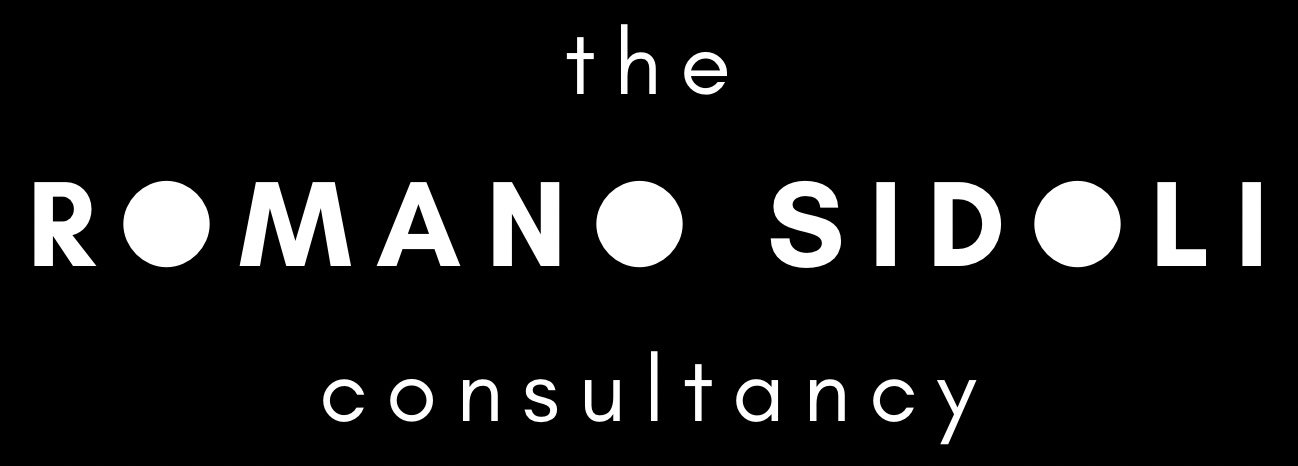Music + Brand = 3
Musicians have had it tougher than most over the past fifteen months or so, at least in terms of being able to tangibly progress their careers, master their craft, and market their art given that live events ground to a halt as soon as the pandemic hit. But there are, and always have been, other revenue streams that are crucial in the modern musician’s marketing plans.
Brand partnerships and sponsorships can often be incredibly lucrative, and more often than not can successfully launch the careers of lesser known artists in the public consciousness. Partnerships that strike a particular chord with consumers can even be more beneficial to the brand than the budding career of a musician, however, in many cases lodging their campaigns firmly into the pantheon of pop culture, linking up with artists of the moment to create something momentous.
Television advertisements have been a more traditional medium of launching the careers of artists over the past half-century. Just off the top of my head I can recall the “ooh ooh oooh” of The Dandy Warhol’s infectious retro-rock anthem ‘Bohemian Like You’ soundtracking Vodafone’s most prominent mobile phone campaign in the early 00s, which is arguably still the band’s most popular song. Santigold’s ingenious intro to ‘Creator’ became instantly recognisable on 2008’s VO5 Extreme Style ad, and Feist’s ‘1234’ brought optimism and personality to Apple’s iPod Nano commercial. These brand partnerships offered the aforementioned artists stratospheric visibility far beyond their MySpace beginnings, and that’s just a handful of examples.
The synergy of songs and advertisements doesn’t simply act as a platform to get newer music heard however, in fact it can reinvigorate the reputation and adoration of classic tracks.
Levi’s almost single-handedly have brought every legendary pop song from the 1960’s back into the mainstream charts, most notably with the usage of Marvin Gaye’s ‘I Heard It Through The Grapevine’ in their now-iconic 501 jeans launderette ad from 1985. Wrigley’s brought rock classic ‘All Right Now’ by Free back out of the doldrums; 1994’s ‘Diet Coke Break’ saw Etta James’ raunchy ‘I Just Want To Make Love To You’ reframing gender roles and made it impossible to crack open a can of Diet Coke without reenacting the advert; every time you hear Fleetwood Mac’s swooning instrumental No.1 single ‘Albatross’, you can’t help but sultrily narrate the preparation of your own food, and the blame can be placed fully on the doorstep of Marks & Spencers; a drumming gorilla took Phil Collins’ ‘In The Air Tonight’ back to the top of the charts courtesy of Cadbury’s. Albeit with a remix, Elvis was given a second wind in the 21st century when Nike used ‘A Little Less Conversation’ for their exceptional ‘Secret Tournament’ advert for the 2002 World Cup. The song subsequently became a global hit.
The sheer power of reusing iconic songs from previous generations is evident. Though the concept is nothing new, the changes in how we consume music has led legacy artists such as Bob Dylan, Neil Young, Stevie Nicks, Paul Simon, and the Beach Boys to sell the rights to their back catalogues to major publishing houses for reported sums of up to $400 million. Serious money. But there’s serious money to be made in years to come, none of which certain artists coming to the end of their careers will likely see. In terms of business savvy, it makes sense for them to cash out now whilst their cultural influence remains at a peak. Selling their publishing rights could also maintain these artist’s cultural cache for future generations too.
Away from straight-up advertisements, video games have become an essential avenue for music marketing strategies given their exponentially rising popularity over the past decade.
EA’s FIFA football game series is arguably the most successful video game/contemporary music crossover of recent years, and is a golden ticket for artists if they secure a coveted spot on an annual edition’s playlist. Grand Theft Auto sets up in-game radio stations to promote new bands and classic songs. This level of global exposure can genuinely make careers, offering platforms to access potentially younger, more engaged listeners. There is a danger that becoming synonymous with a product can be a poisoned chalice for some, but given the vastness of new music continually being released, it’s an opportunity for genuine visibility on a massive scale. Interestingly, the ambitious but much-maligned Cyberpunk 2077 incentivised contributions from the likes of Grimes, A$AP Rocky, and Nina Kraviz by creating in-game avatars and characters, in turn securing these names to help market the product. So, it works both ways.
Artists working with brands can firmly set a certain song or campaign into pop culture canon, with plenty more partnerships coming to fruition day to day. Opportunities for both musicians and brands alike will only continue to grow given the multiplying revenue streams that technological advances create. Music to my ears at least, as it’s much preferable to an infuriating jingle, and much more lucrative for musicians looking to establish themselves.
